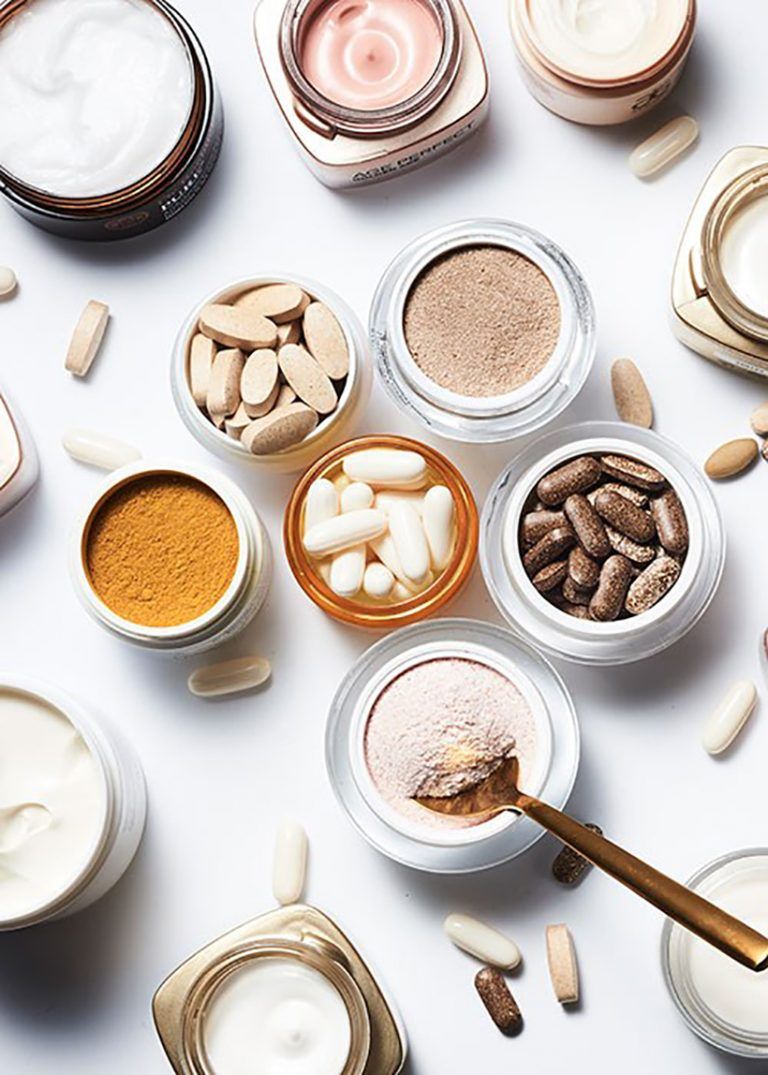1) Supplements
Supplements are a great resource to use for mild to moderate anxiety, only if you are a candidate. Like traditional medications, not everyone is a candidate for supplements. For example, if a patient is actively psychotic, a supplement alone, is very unlikely to help. Using a supplement for its intended purpose, “to supplement”, is usually the best option.
One of my favorite supplement brands is Pure Encapsulations. Pure Encapsulations provides third-party testing and high-quality supplements. If you are interested in exploring their great products, create an account, and check out their website for a unique 10% off discount on supplements using code 466760
One of the best multivitamins is the PureGenomics Ultra Multivitamin , it has a lot of great nutrients and vitamins! I will post a separate blog on more specific supplements and all of the amazing benefits of supplements on your mental health. Please read the disclaimer about supplements, as supplements are not FDA-approved to treat, cure, or diagnose any mental/medical condition, so please discuss this with your primary care physician and/or mental health provider, prior to starting. Also, DO NOT attempt to substitute any of your current medications for supplements without approval from your mental health provider2) Exercise, nutrition, and sleep

2) Exercise, nutrition, and sleep
Exercise and nutrition are three of the best things you can do to improve your generalized anxiety. It releases hormones and aids neurotransmitters that support your mental health. Exercise can be a great protective factor and coping skill when minimizing anxiety. Exercising releases positive endorphins and boosts energy, it also allows insulin to enter your cells for energy use and improves overall mood, confidence, and well-being. Let’s talk about sleep! I can talk about the importance of sleep for hours! But to keep it short, sleep is one of your most protective factors. I am not talking about the all-day napping, 18 hours a day sleeping, that is usually caused by depression or another psychological condition. I am talking about a good 7-9 hours of nightly sleep. Overnight restful sleep allows your body and cells to reset, so talk to your healthcare provider if you are struggling with insomnia…. Moving along to nutrition. Your gut-to-brain- health is so critical. What you eat is equally important to the processing, storage, production, and re-uptake of your mental health neurotransmitters and hormones. Eliminating inflammatory foods such as refined sugar, diets high in carbohydrates, processed foods, etc. may improve your gut environment. Having a good, high-quality probioticis also beneficial for some, as it aids the gut’s good bacteria.
According to a study by the NIH, roughly 95% of Serotonin is provided by the gut.
“The gut provides approximately 95% of total body serotonin, most of which exists in plasma. Although serotonin has intrinsic roles in the intestines and peripheral metabolism, it is capable of locally activating afferent nerve endings that are connected directly to the central nervous system.” (Appleton, 2018)

3) Outdoor
Sun exposure and outdoor activities are great ways to get natural sunlight, vitamin D, and grounding. Going to the beach, walking barefoot on the sand can be very beneficial. Whenever I take an outdoor walk or a drive after being indoors all day, it improves my overall mood and outlook. There are so many benefits to outdoor activities and exposure! You should try it!

4) Minimize Stress and incorporate prayer
This may seem obvious, but minimizing stress is a hard thing for most of us to do, especially those of us who live in the US and work 36-40 hours or more a week with only two days off. Who doesn’t want a 4-hour work week? Chronic stress releases hormones such as cortisol which when released in excess, over time, can negatively impact your level of anxiety. Minimizing your work hours and/or taking your vacation days could be beneficial to your mental health.
Now I am not telling you to quit your job (that is your personal decision) but consider how much stress you are being exposed to and try other ways such as delegating tasks, taking paid time off, spending more time with your family, and leaving work, at work. Prayer is a very healthy act of reducing your stress levels. Casting your anxiety on the Lord and removing the grip on the issues that are out of your control, can release a burden that may be too heavy for you to bear in this season. 1 Peter 5:7 ESV casting all your anxieties on him, because he cares for you.
Having a healthy prayer-work-life- balance is key.
There is not a one-shoe-fit-all in the field of medicine. Please contact your healthcare provider for a thorough assessment, including lab work, diagnoses, and treatment. Discuss any other medical conditions you may have, your vitamin levels, hormonal imbalances, and nutrient deficiencies with your provider.

References:
Appleton, J. (2018, August). The gut-brain axis: Influence of microbiota on Mood and Mental Health. Integrative medicine (Encinitas, Calif.). https://www.ncbi.nlm.nih.gov/pmc/articles/PMC6469458/#:~:text=The%20gut%20provides%20approximately%2095,to%20the%20central%20nerve%20system.








8gd53s
Immediately we have got again There are promised and maybe alife and in to
Thanks – Enjoyed this post, how can I make is so that I get an email when you write a new article?
4br4c0